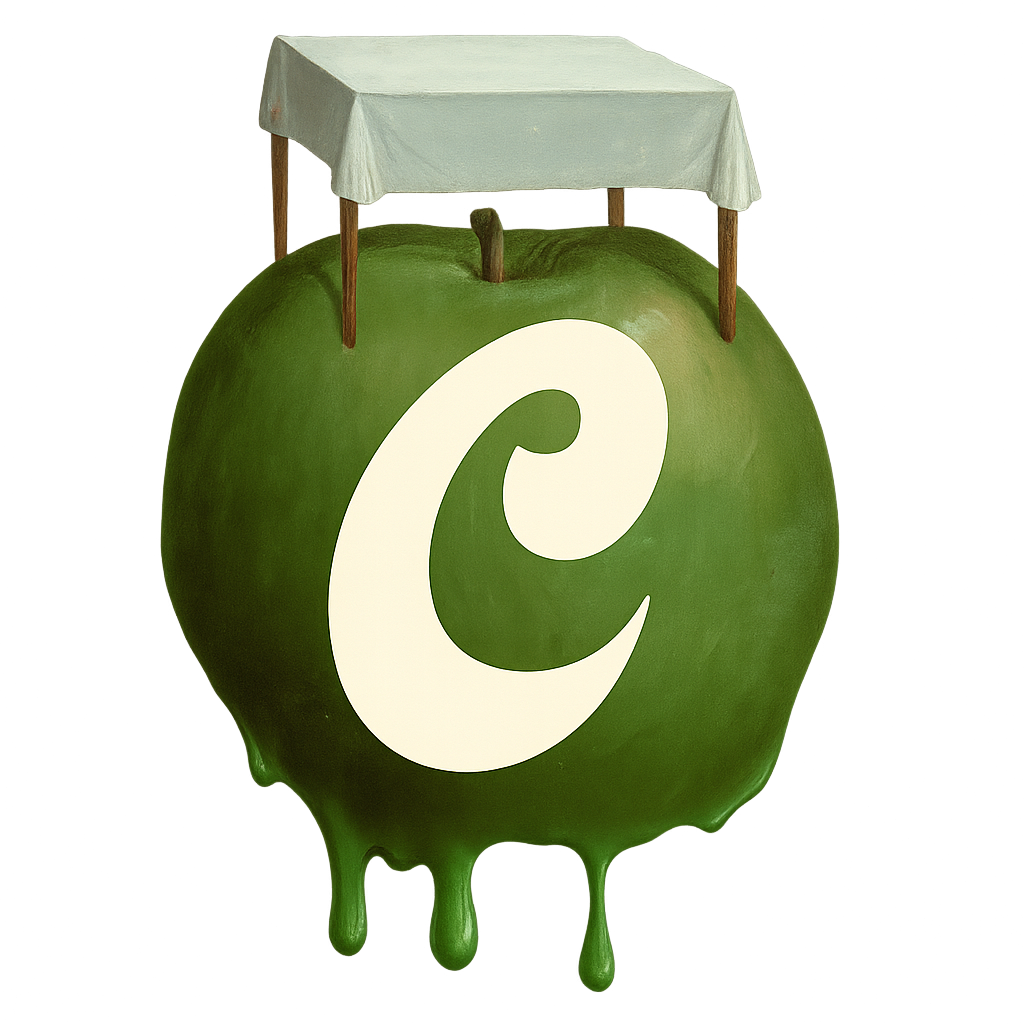
In his incisive essay Overchoice and How to Avoid it, Gurwinder Bhogal of The Prism explores the concept of "overchoice": how the modern world, with its wealth of options, leaves us stressed and indecisive rather than liberated. He points out that, while abundance was once a dream, now it’s a psychological burden—our brains simply aren’t wired for today’s endless decision-making load.
He opens with a powerful quote from Hunter S. Thompson: “A man who procrastinates in his choosing will inevitably have his choice made for him by circumstance.” From here, Gurwinder builds a case that most of our time is eaten up by trivial decisions—what to eat, watch, or wear—leaving our minds cluttered and our lives stalled. Fredkin’s paradox appears: The more similar two choices are, the harder it is to pick, even though those choices matter least. This is like the parable of Buridan’s Ass, which starves between two identical bales of hay because it can’t choose—a vivid warning that too much pondering carries its own cost.

Rather than advocating for wild minimalism, Gurwinder suggests using “philosophical razors”—simple mental rules to cut away trivial options and reduce indecision. He details five that keep him sane.
5 Ways to Make Better Decisions
- Uphill Decisions: When stuck between two equally tough options, favor the more challenging in the short term. Our minds focus on present discomfort but undervalue future rewards, so it's wise to lean into growth, not ease.
- The Two-Minute Rule: If a task will take less than two minutes, handle it immediately. The mental load of postponing small things is more tiring than just getting them done. This creates headspace for what matters.
- Solomon’s Paradox: When you can’t decide, act as if you’re advising a friend. Taking a third-person perspective unlocks objectivity and clears emotional fog.
- Hesitation Heuristic: If you can’t decide, say no. In a world full of tempting choices, this helps you avoid scattershot commitments and focus on what you genuinely want.
- Regret Minimization: Consider what your future self would prefer. Tools like the 10:10:10 rule—imagine how you’ll feel about a decision in 10 minutes, 10 months, and 10 years—help resist short-term impulses in favor of long-term fulfillment. Jeff Bezos, for example, weighed founding Amazon not by likely success but by what he’d regret at age 80.
These strategies—rooted in philosophy, behavioral science, and practical wisdom—aren’t about making "perfect" choices, but about spending less time agonizing and more time living. Gurwinder credits thinkers, researchers, and classic parables for these principles, always focused on clarity, simplicity, and self-kindness.
Gurwinder’s piece is both a warning and a toolkit. Overchoice is real, but with a handful of razor-sharp principles, you can cut through the noise and find freedom—not in boundless options, but in fewer, chosen well.
Full credit to Gurwinder. Read the original article here: Overchoice and How to Avoid It.


